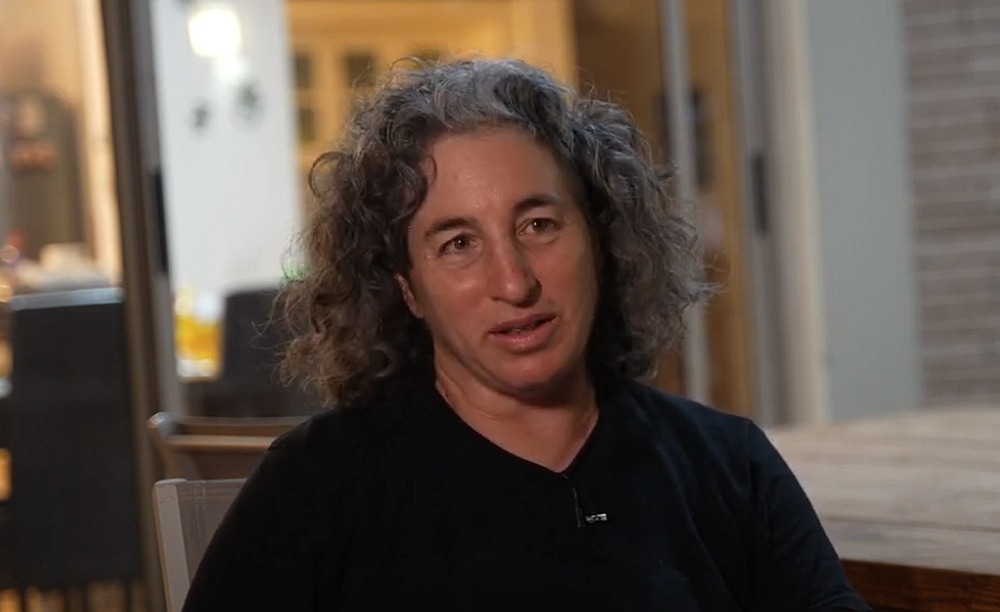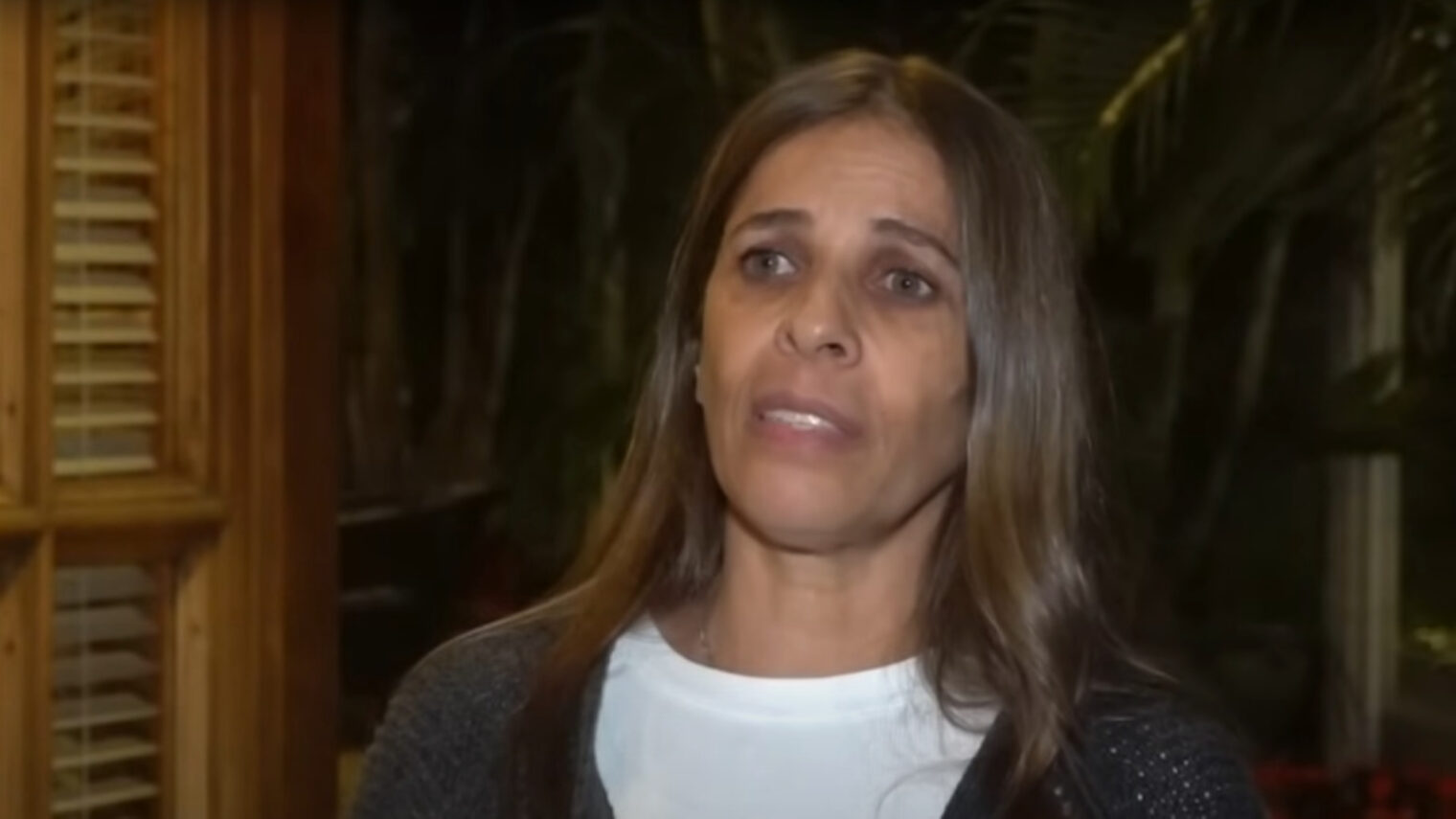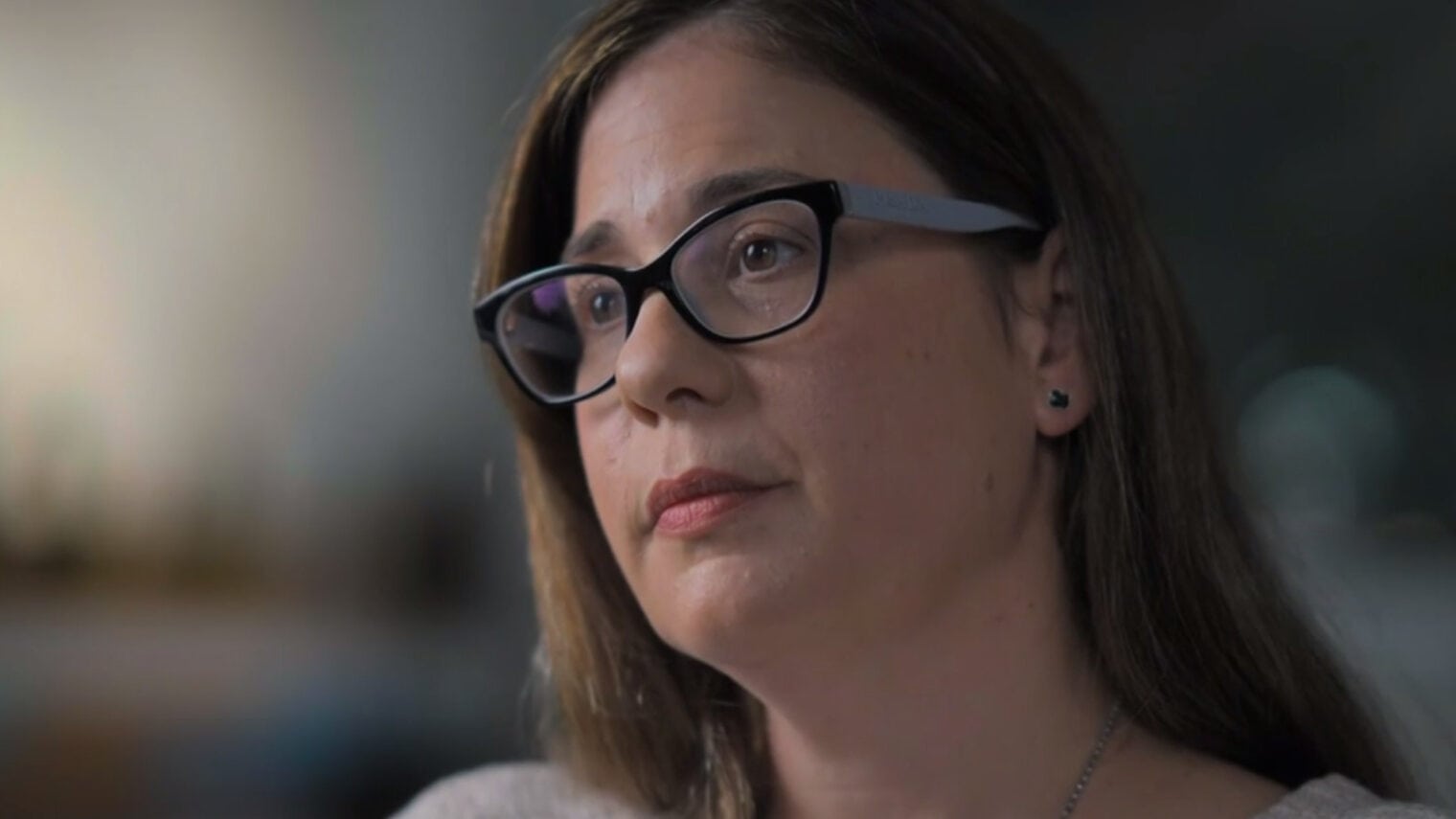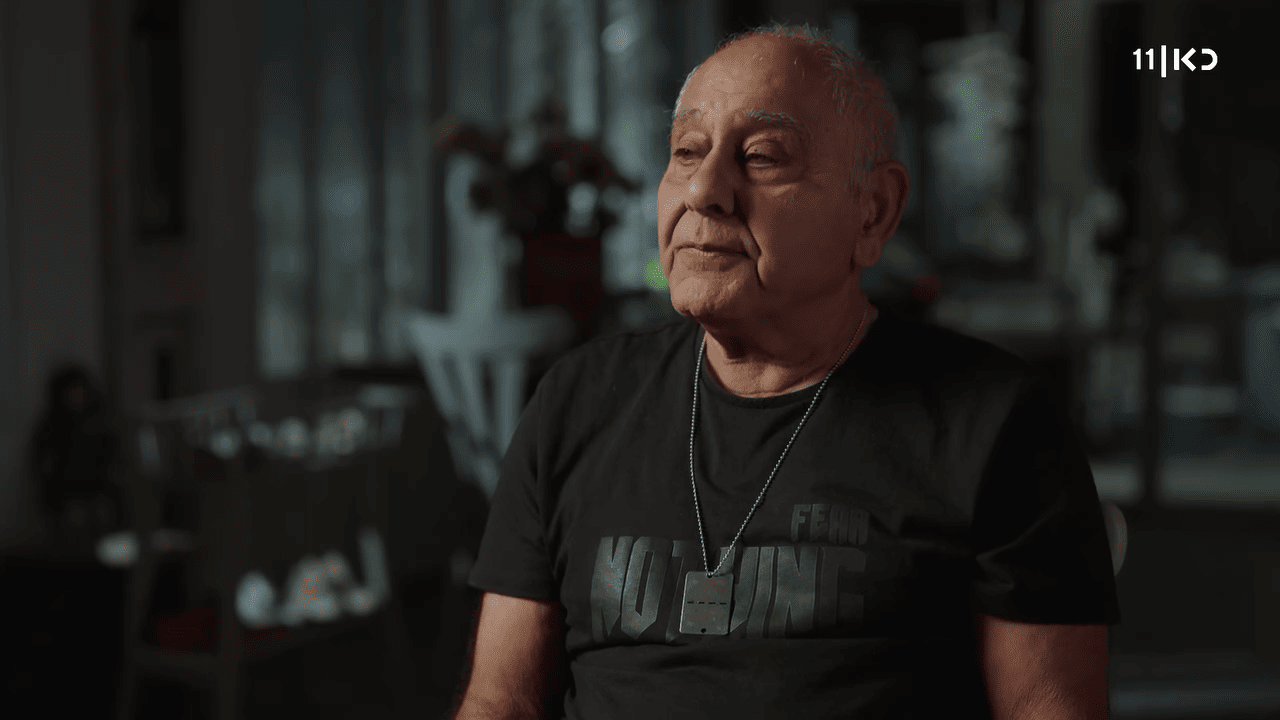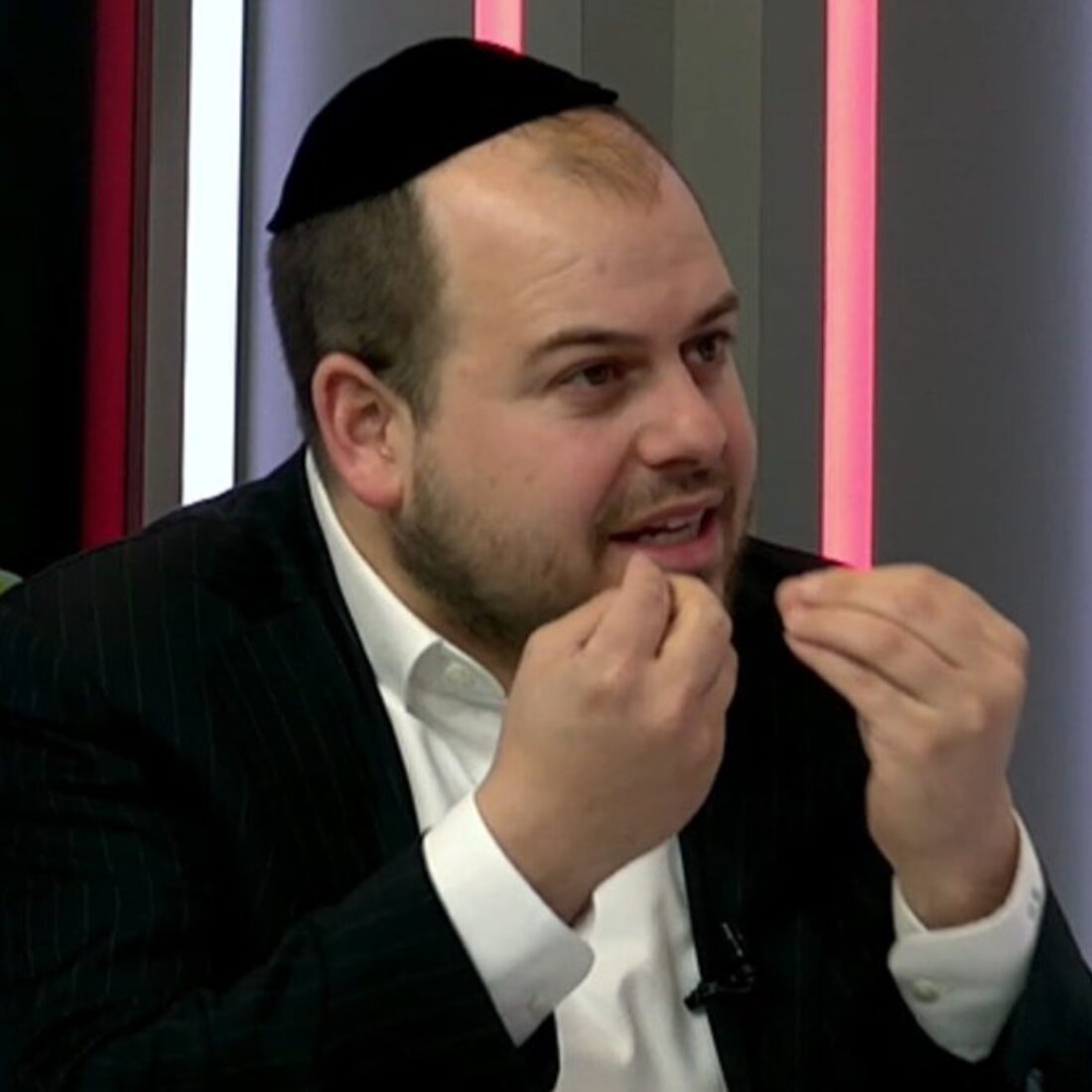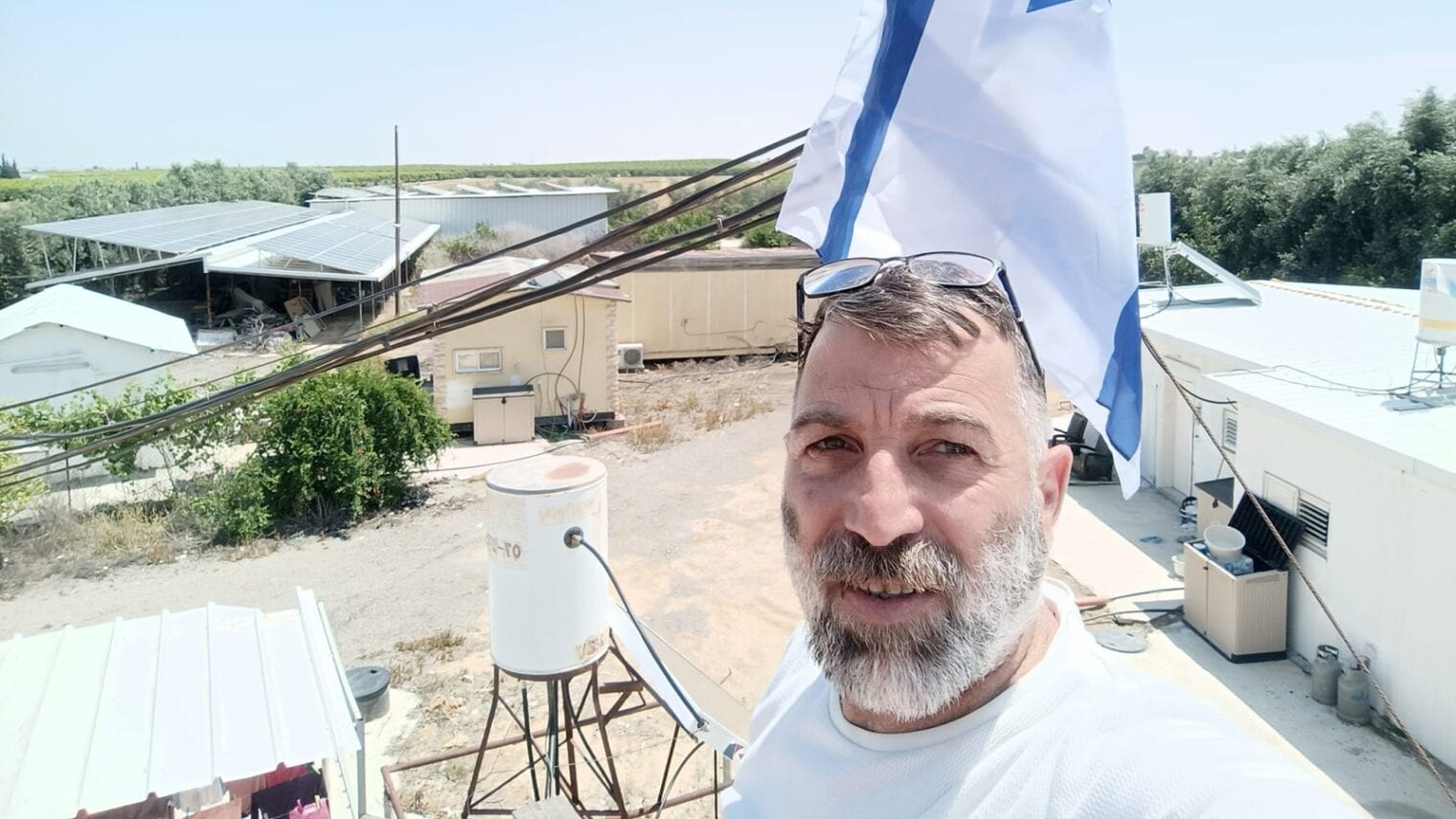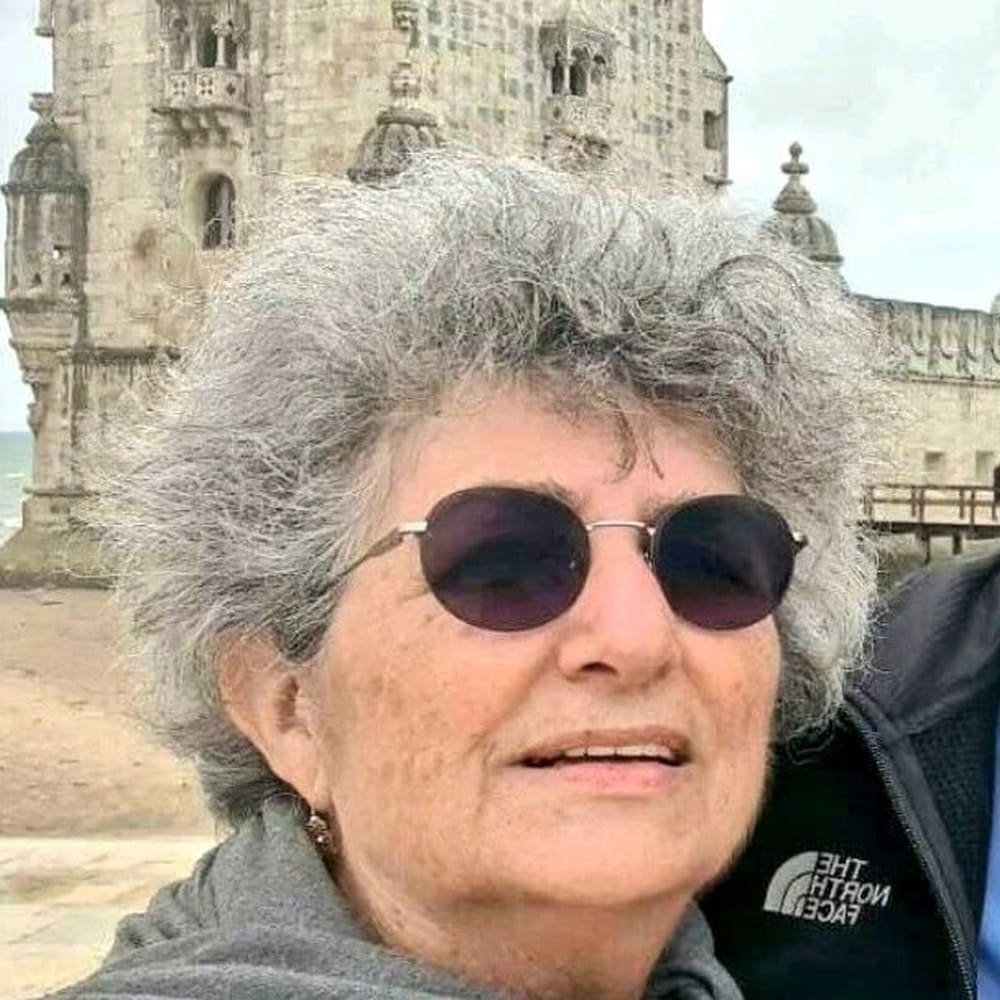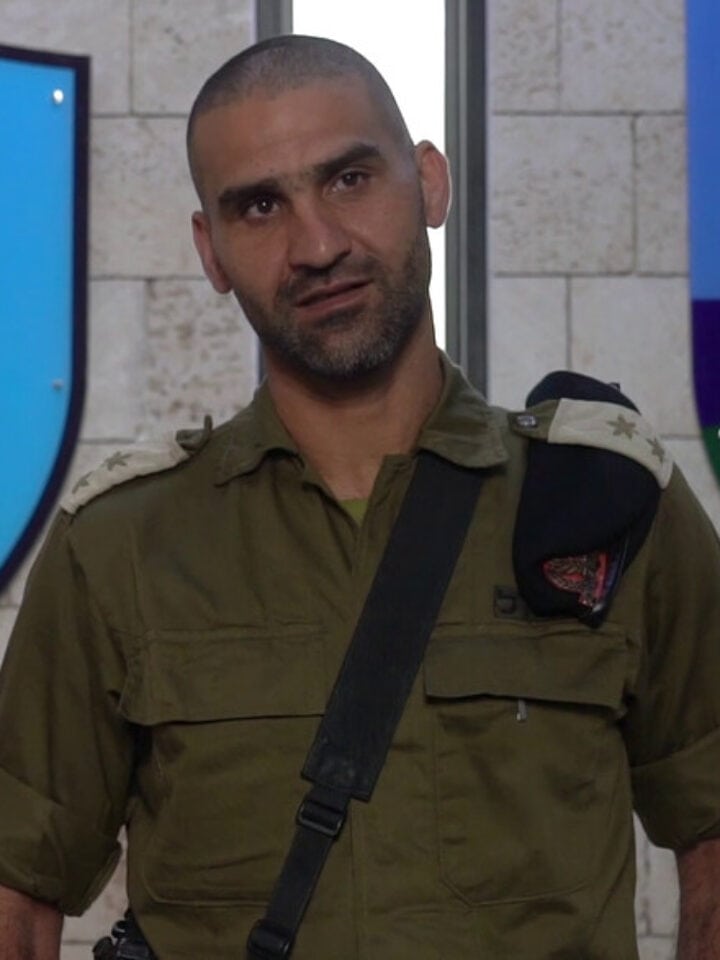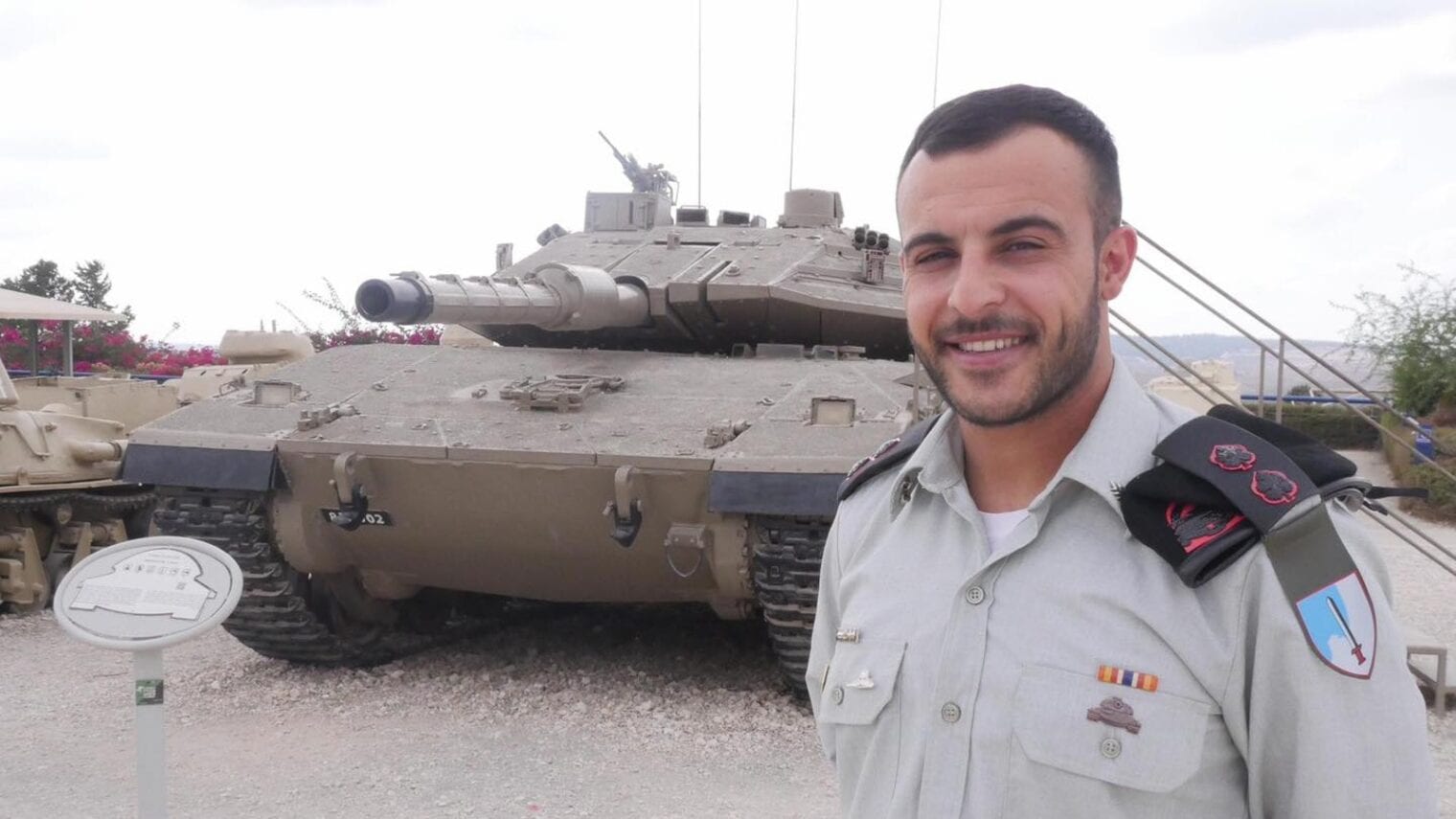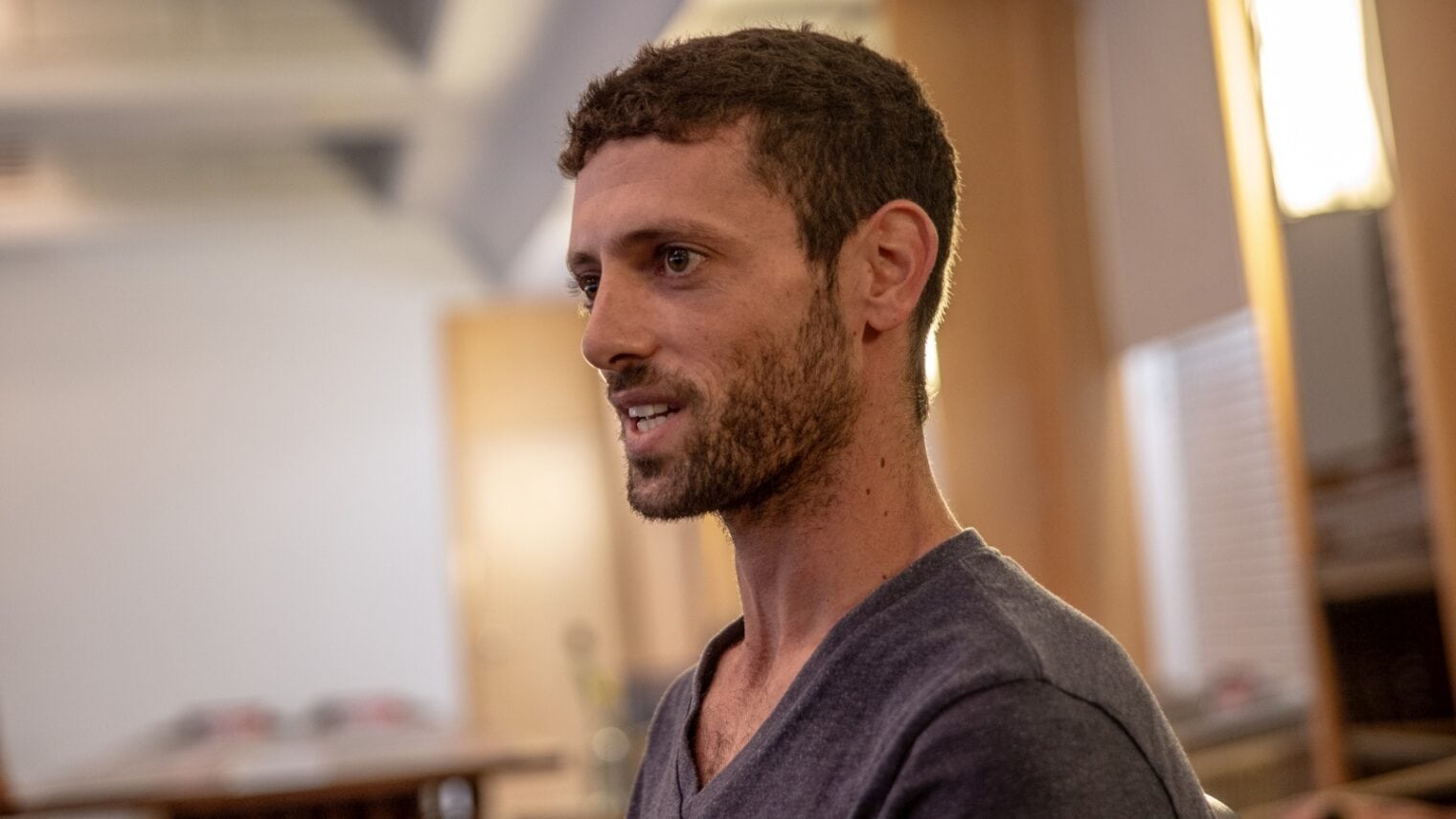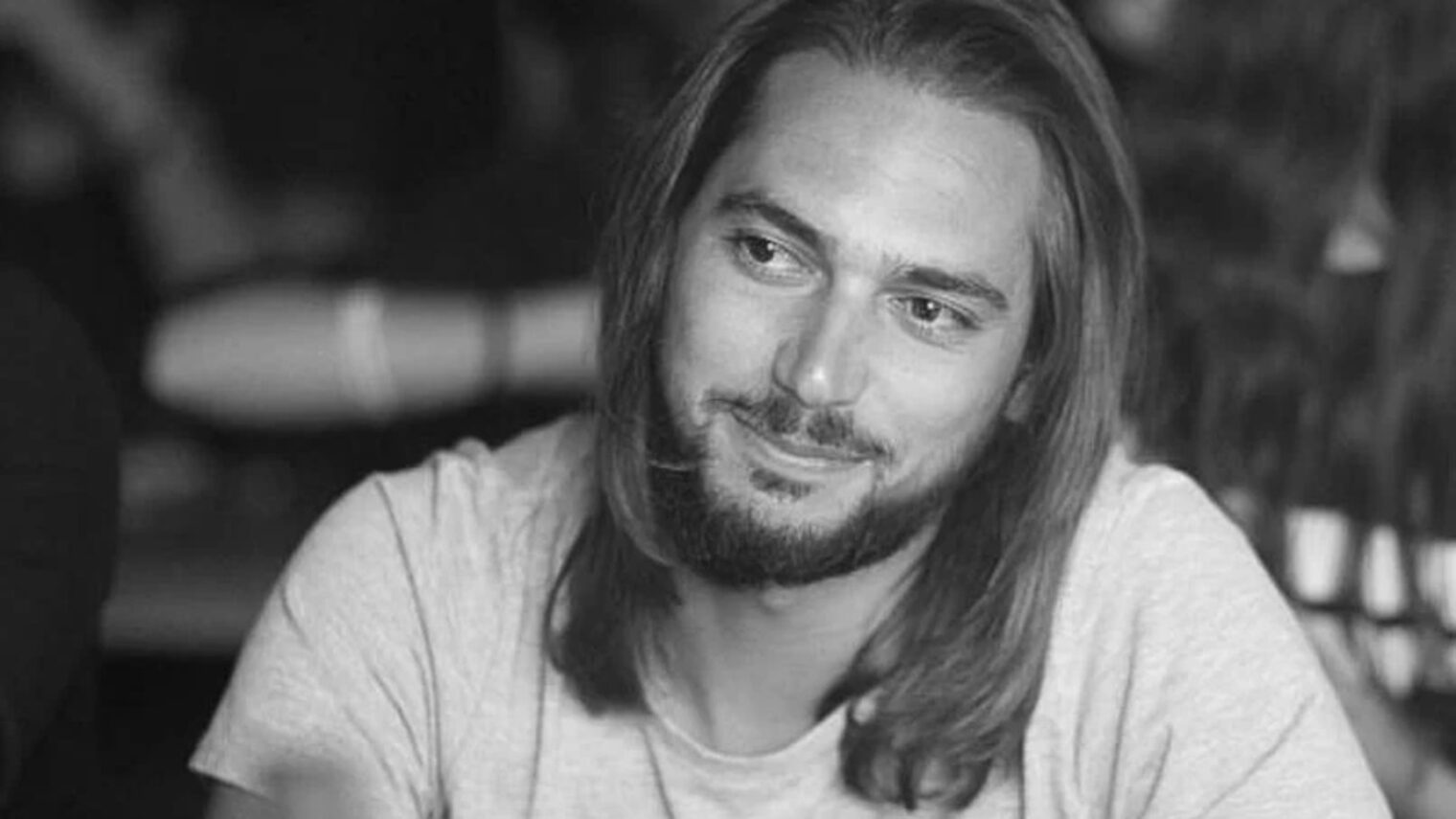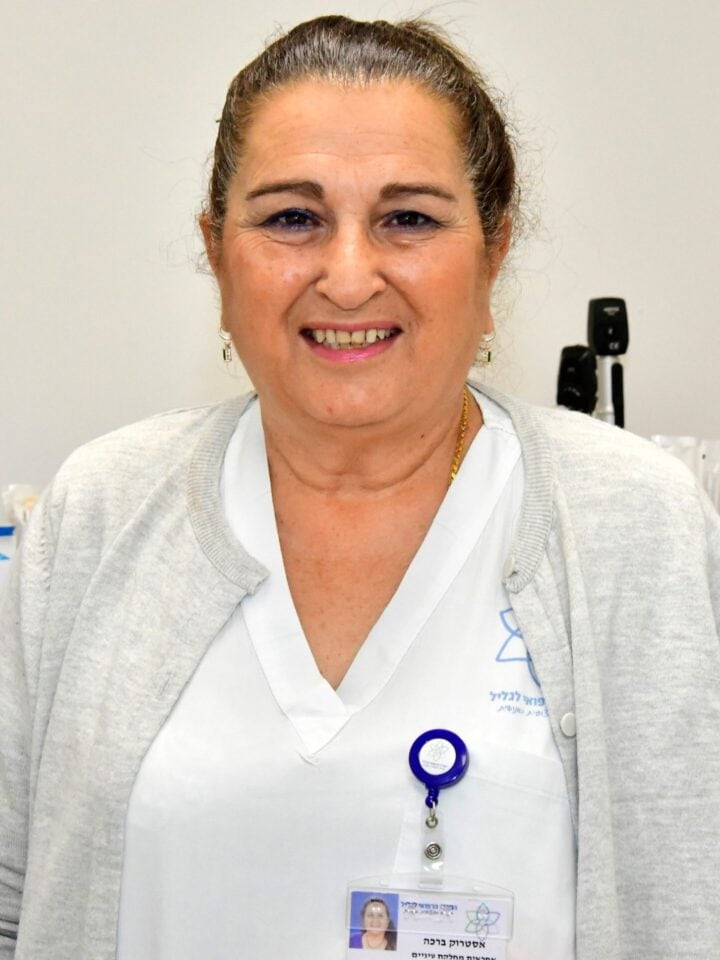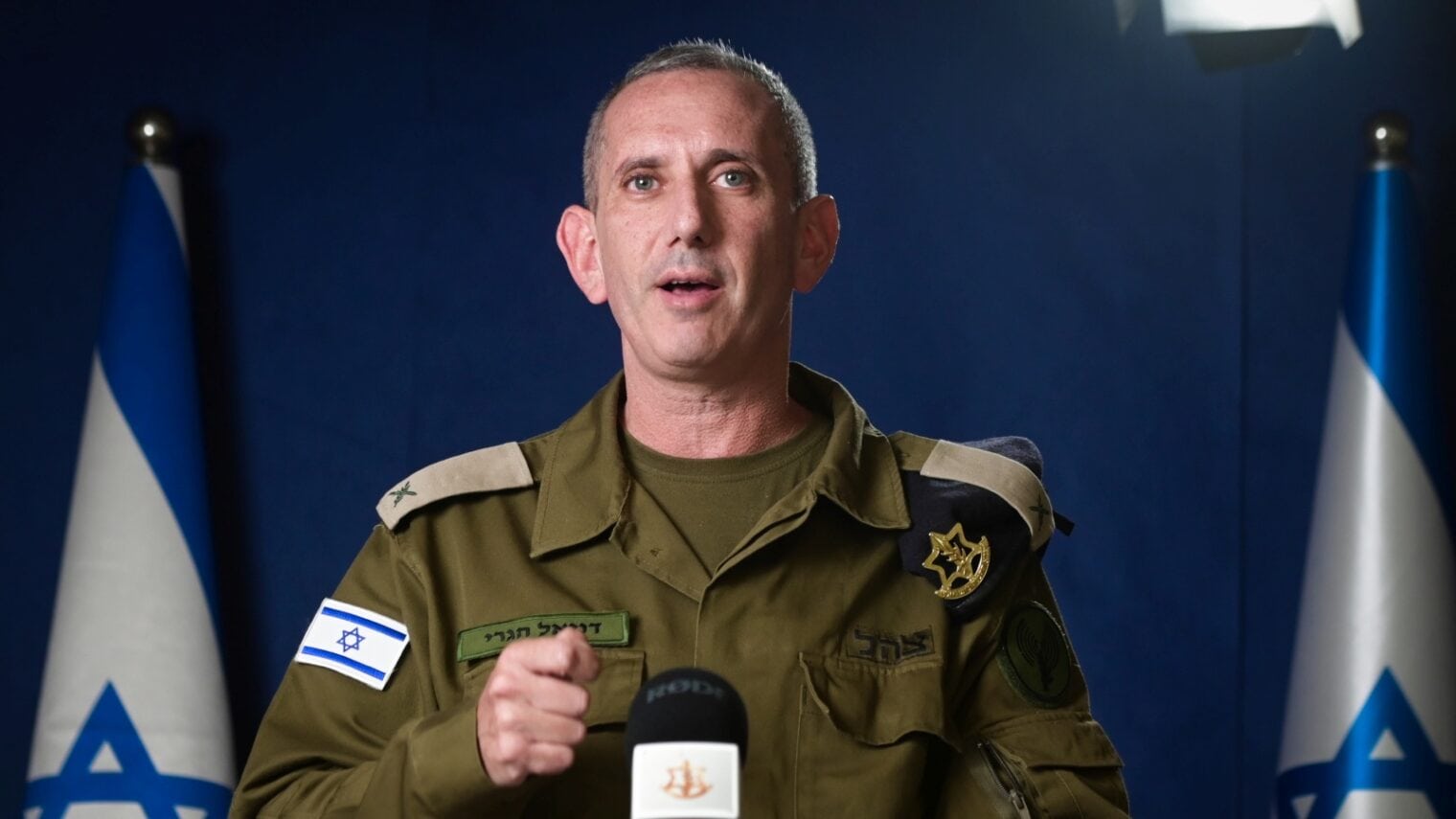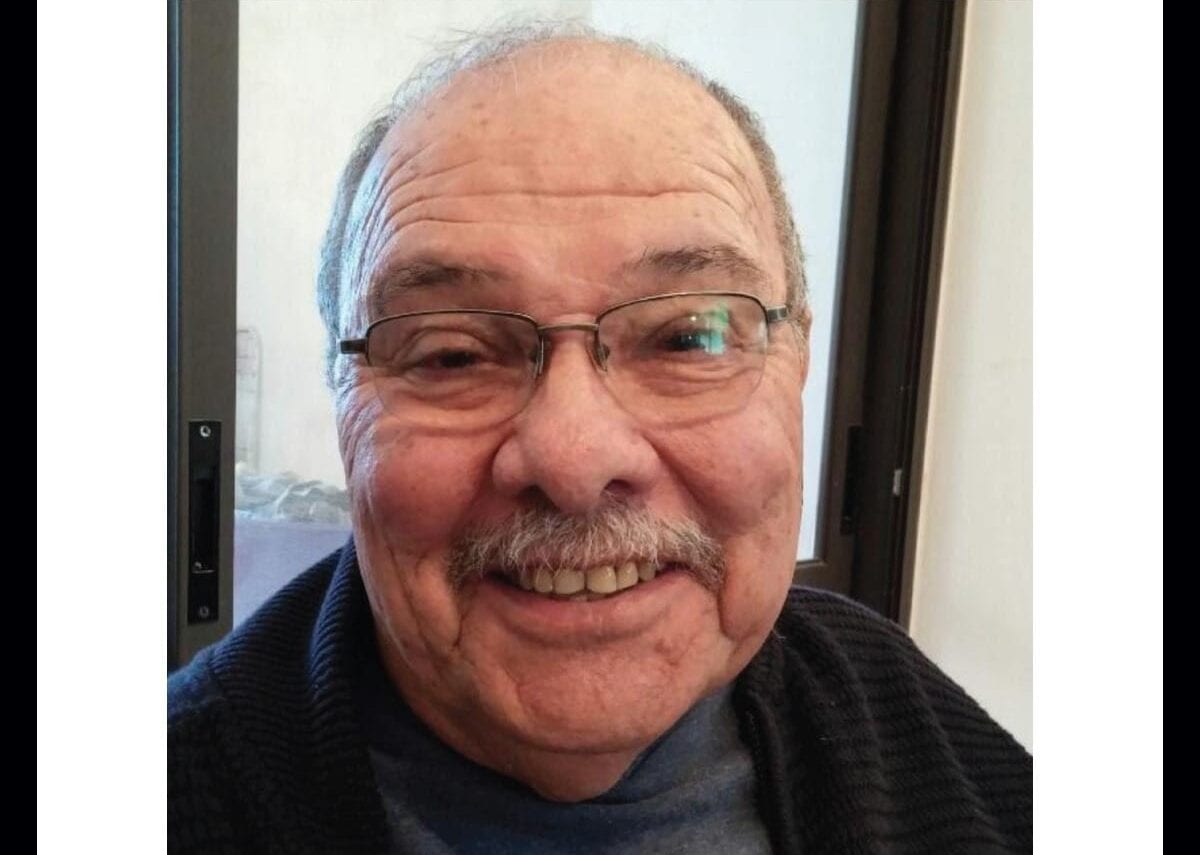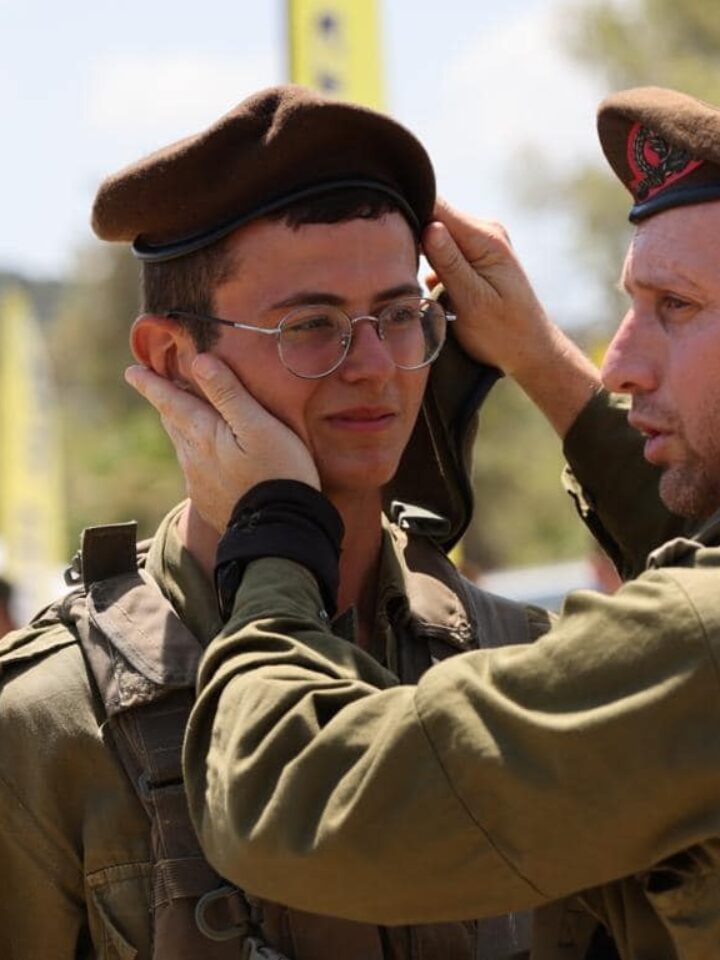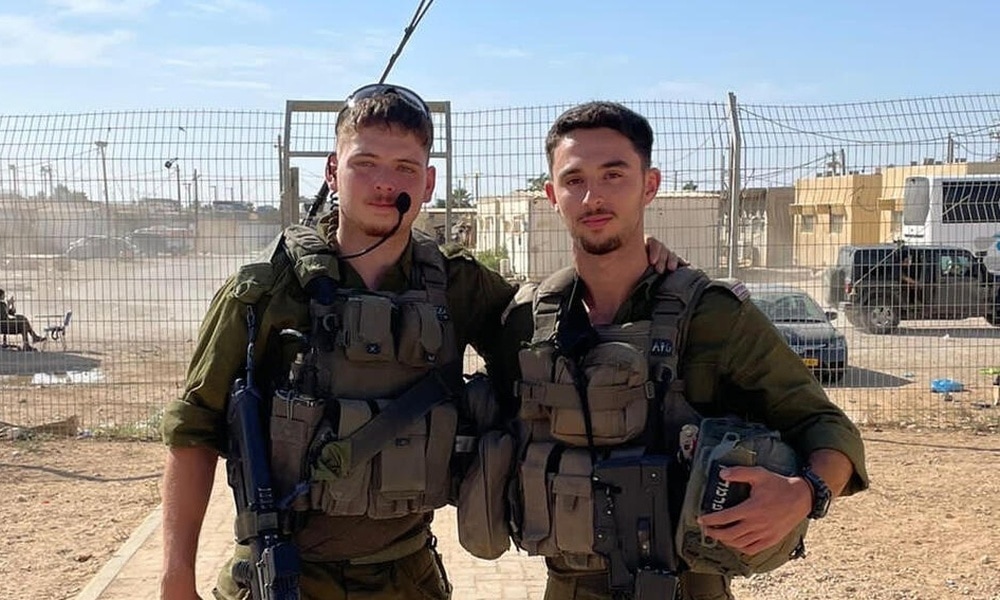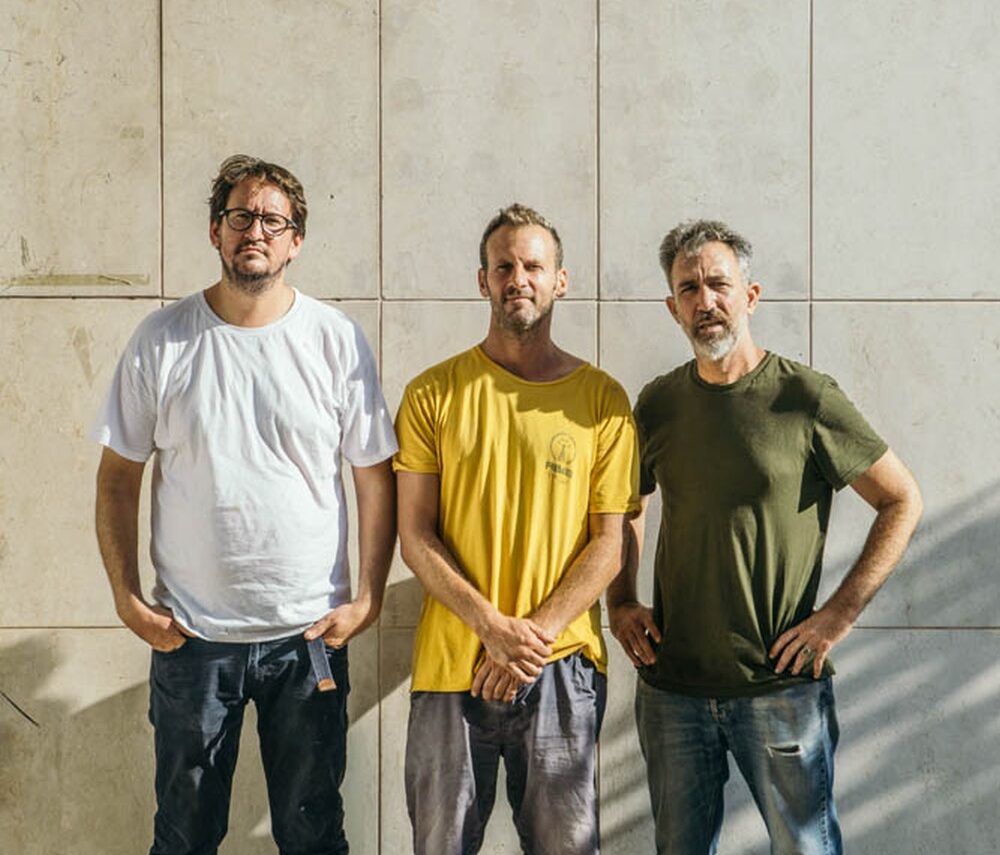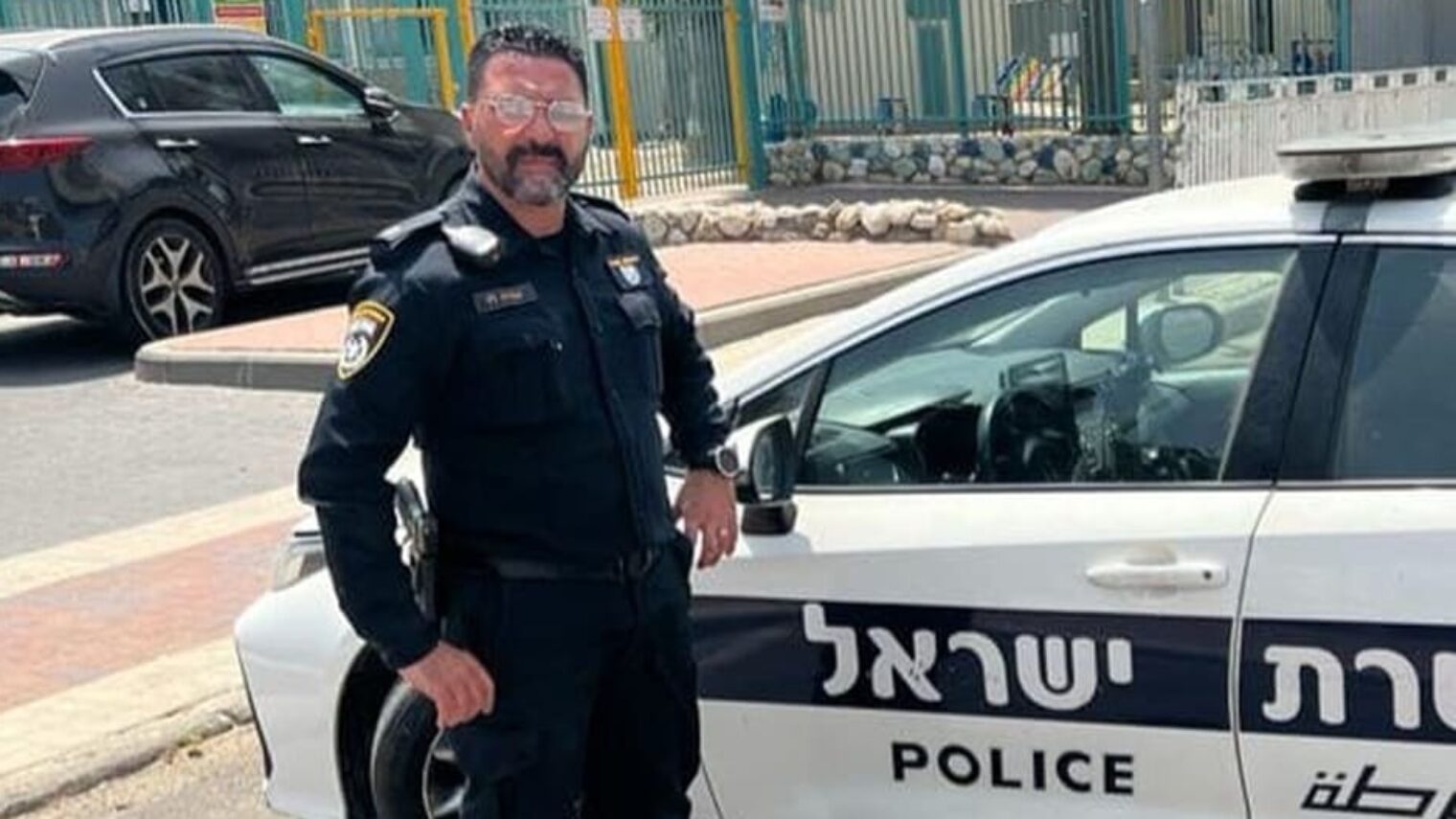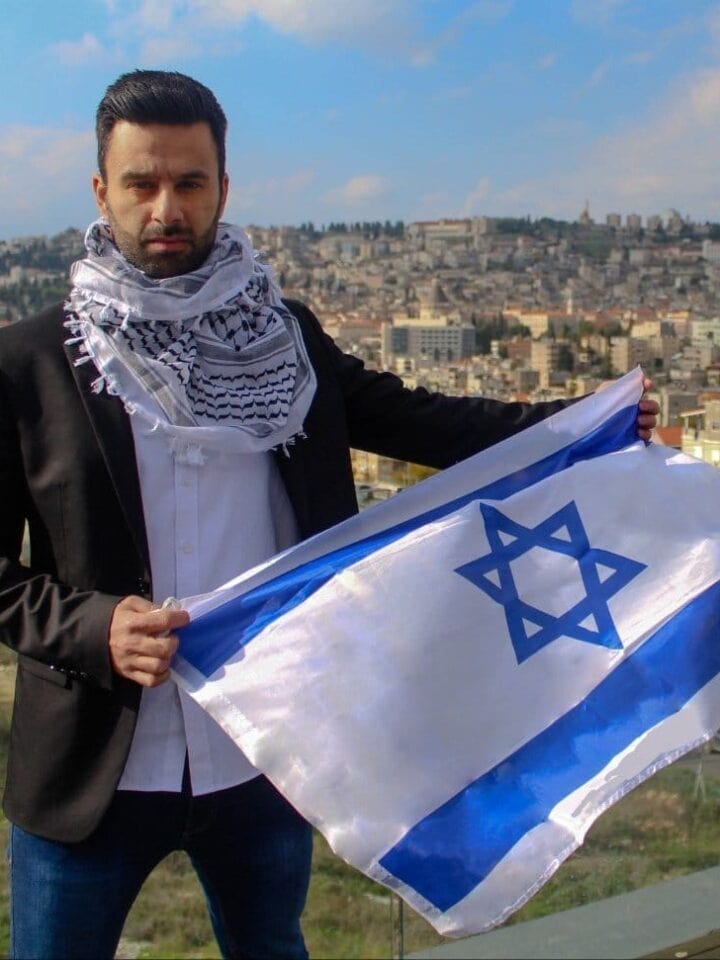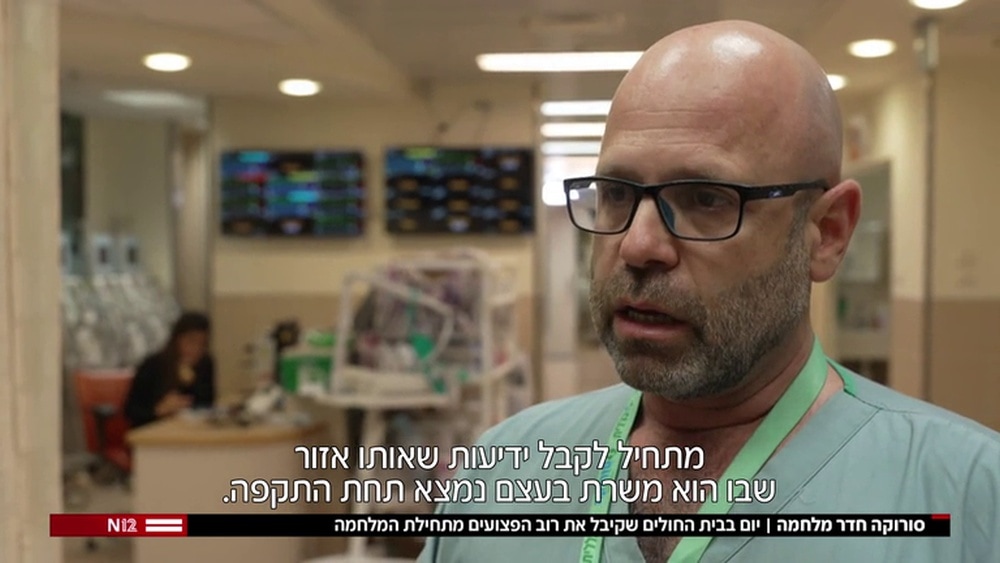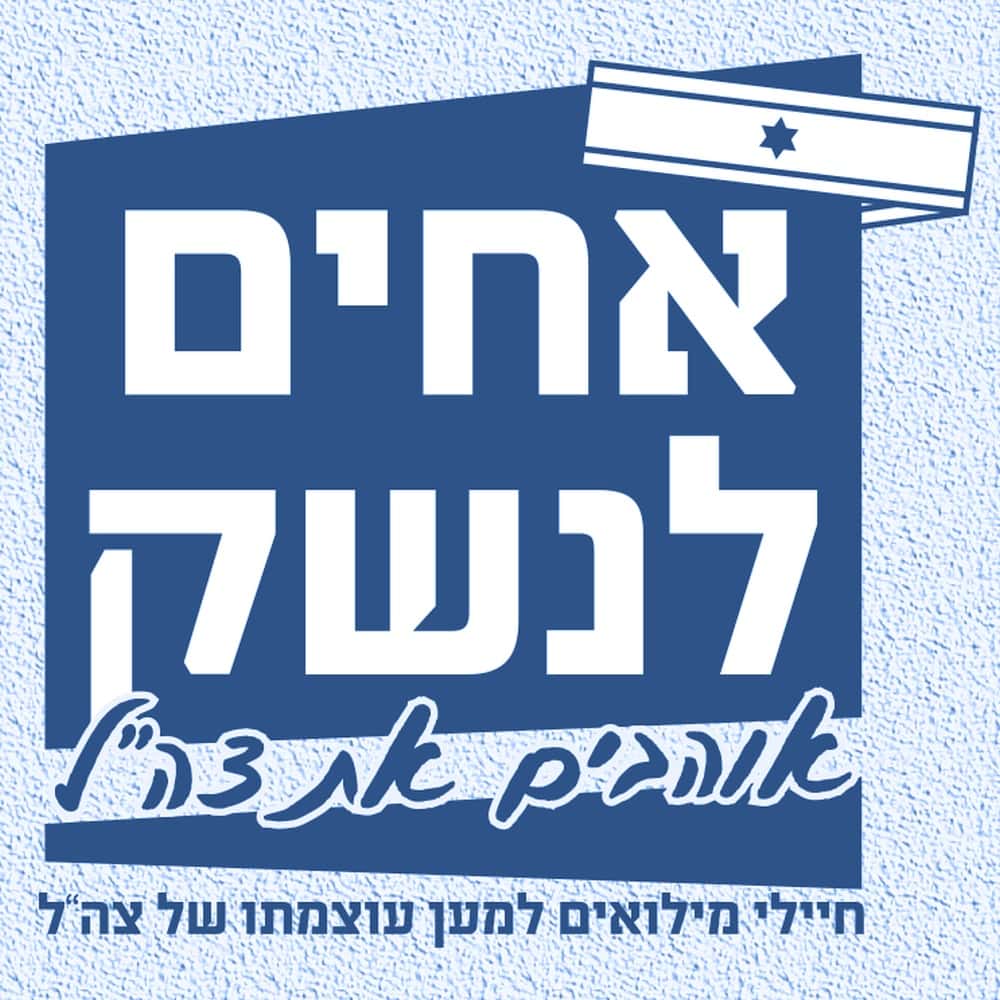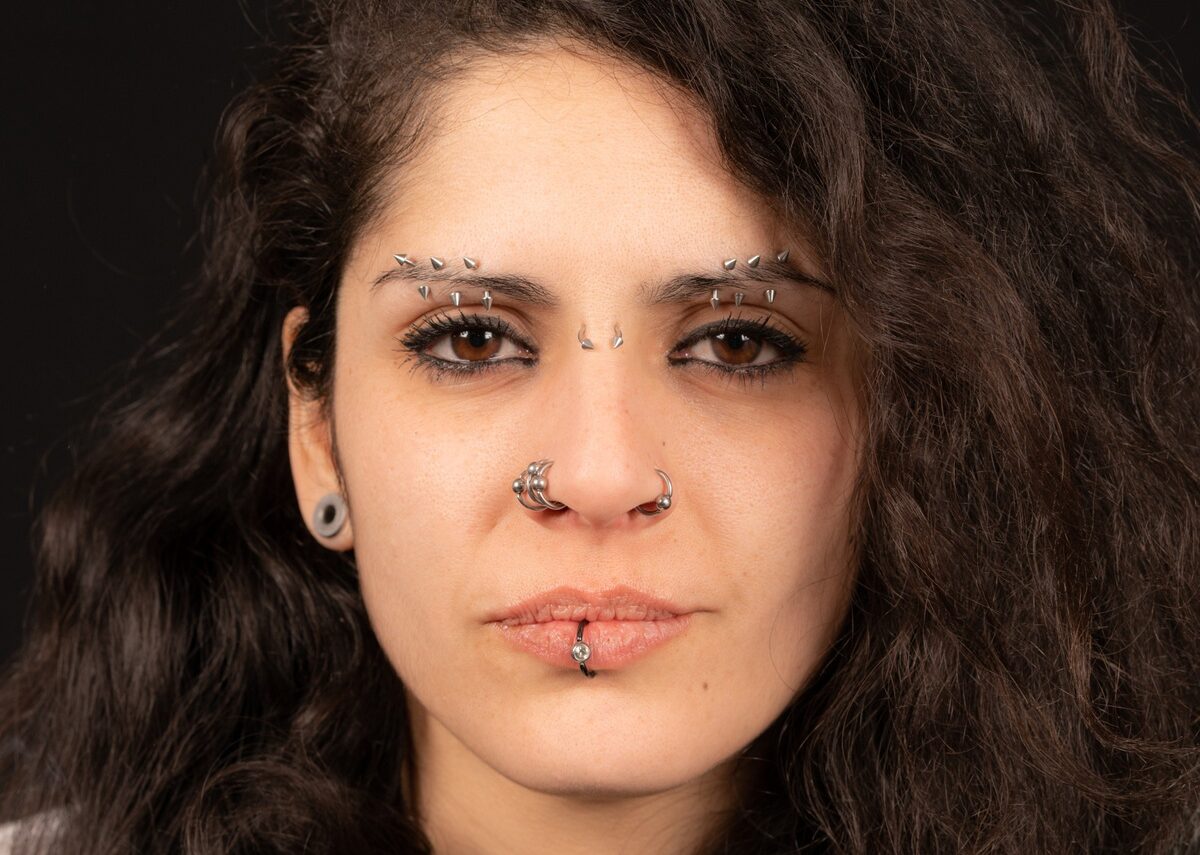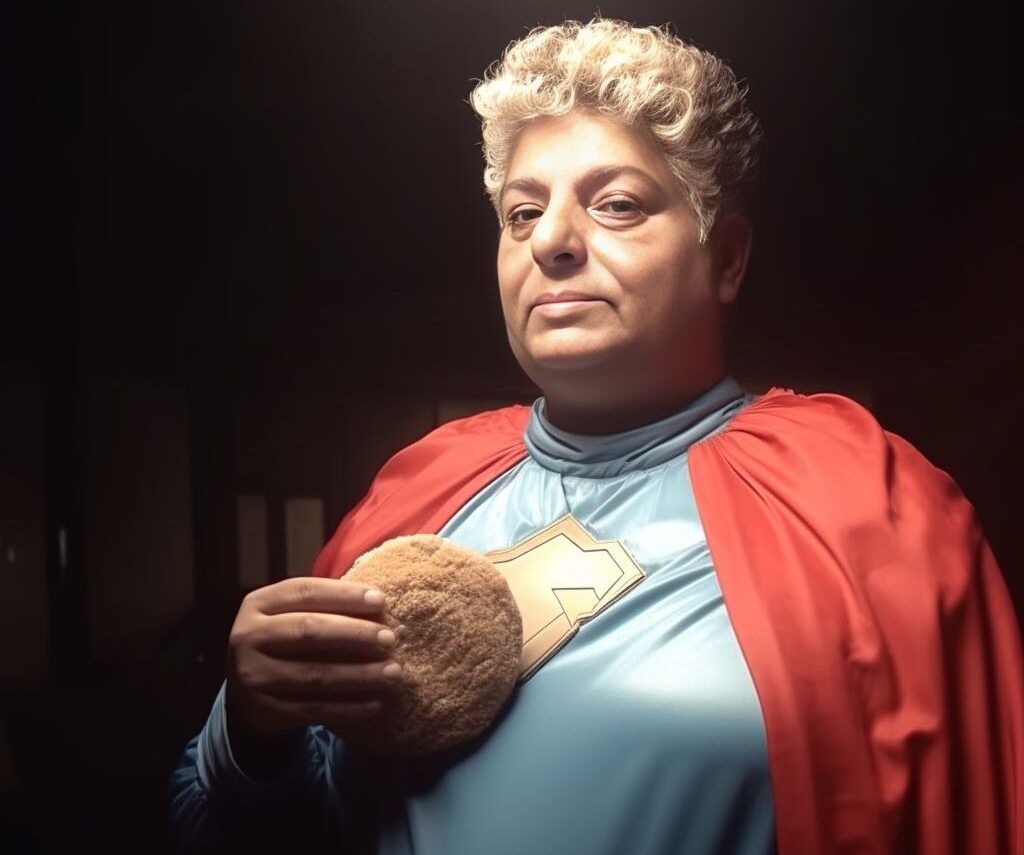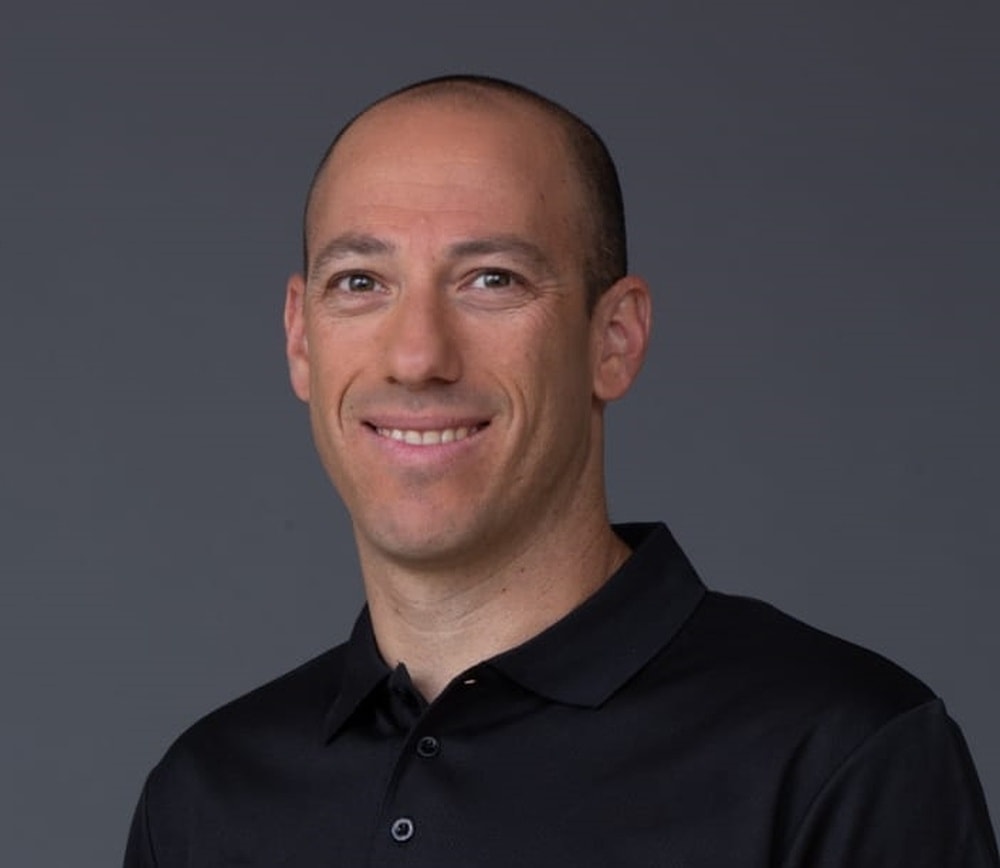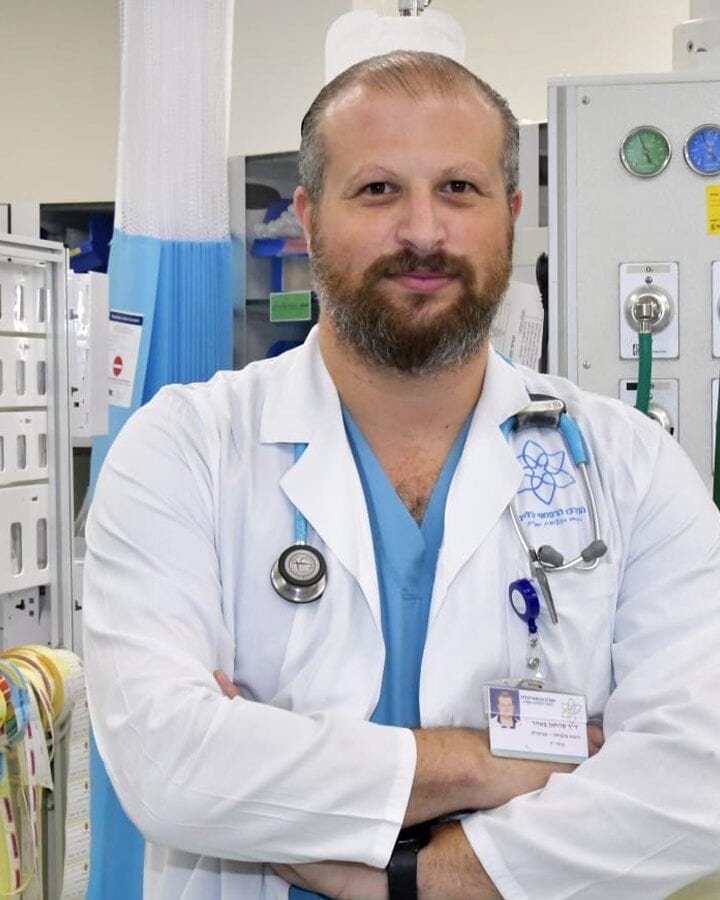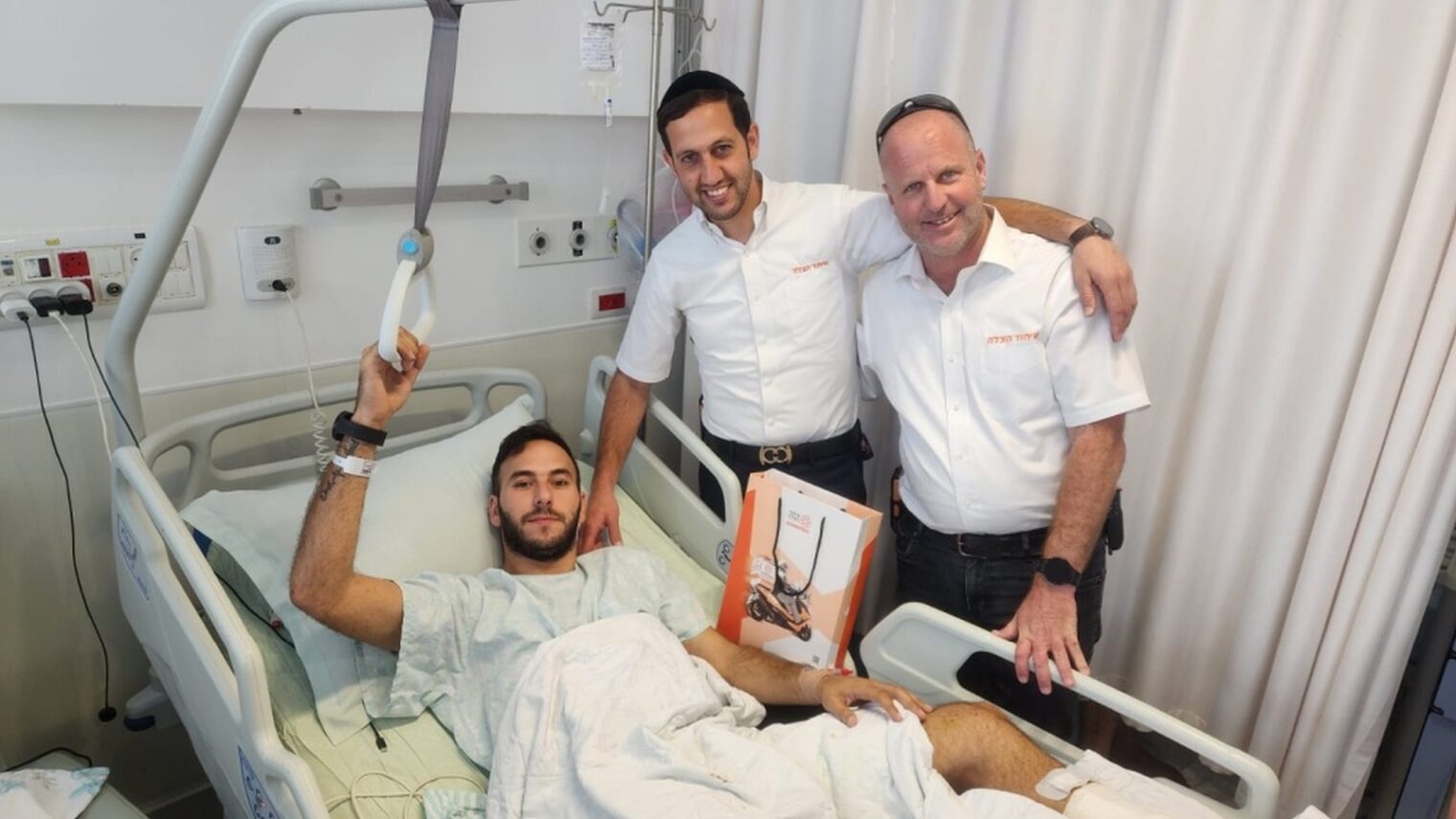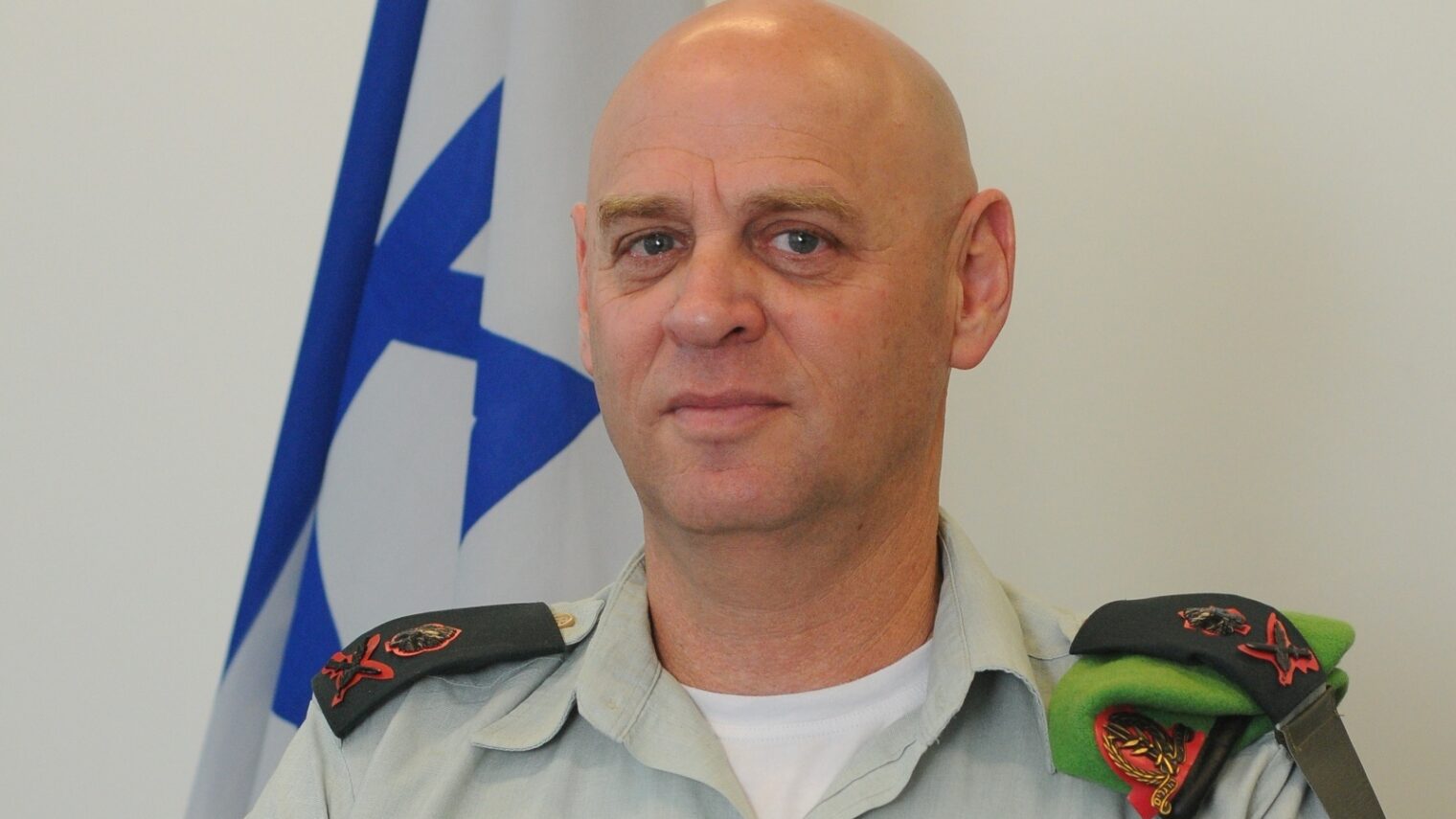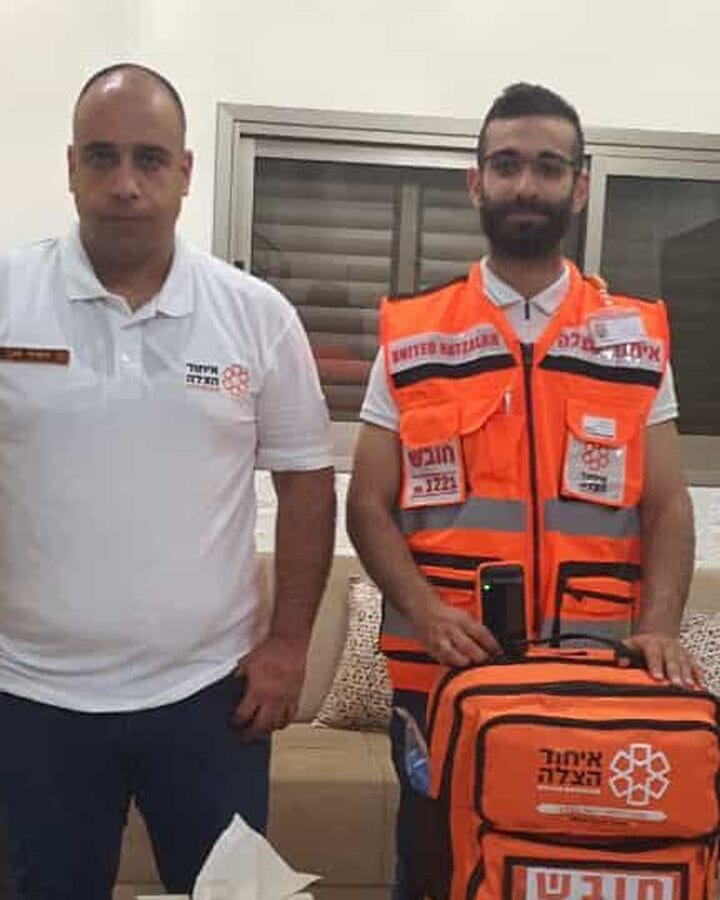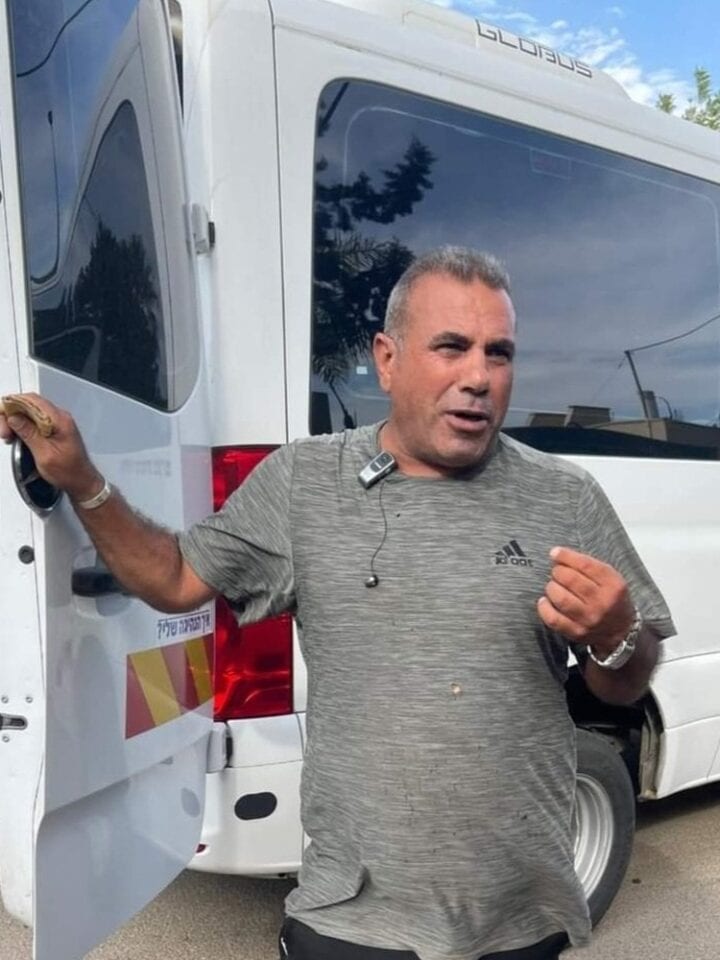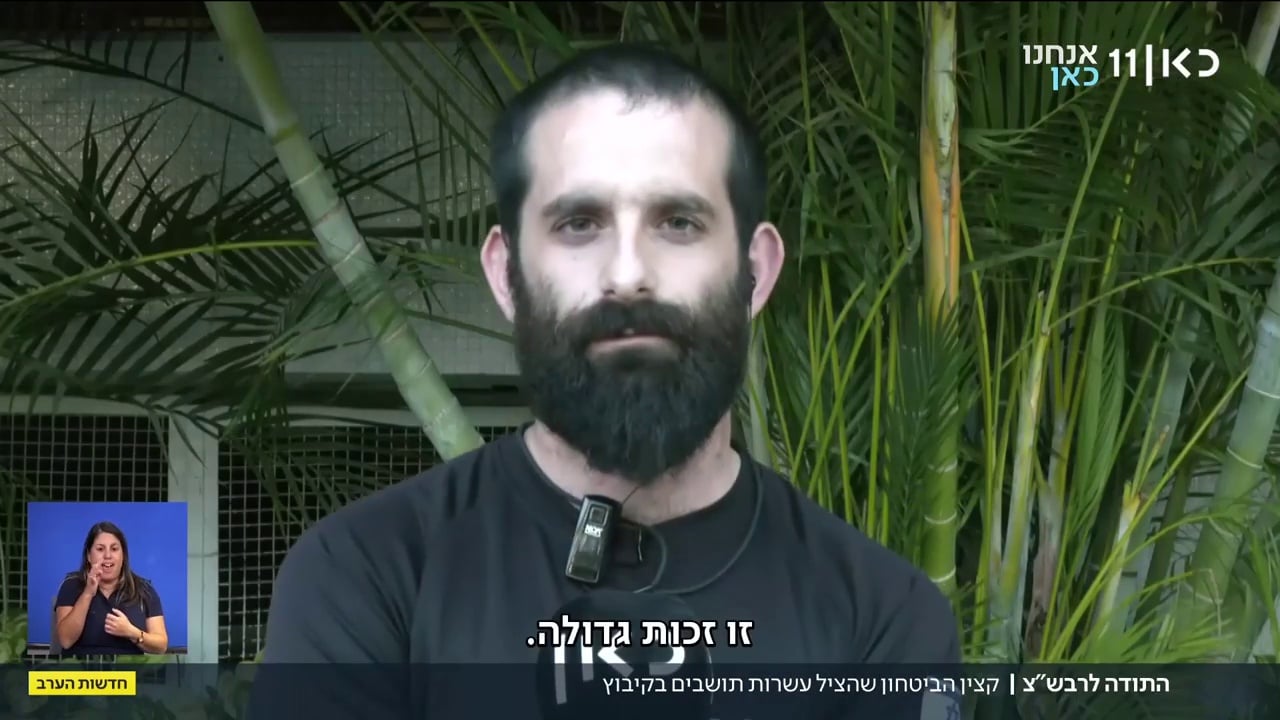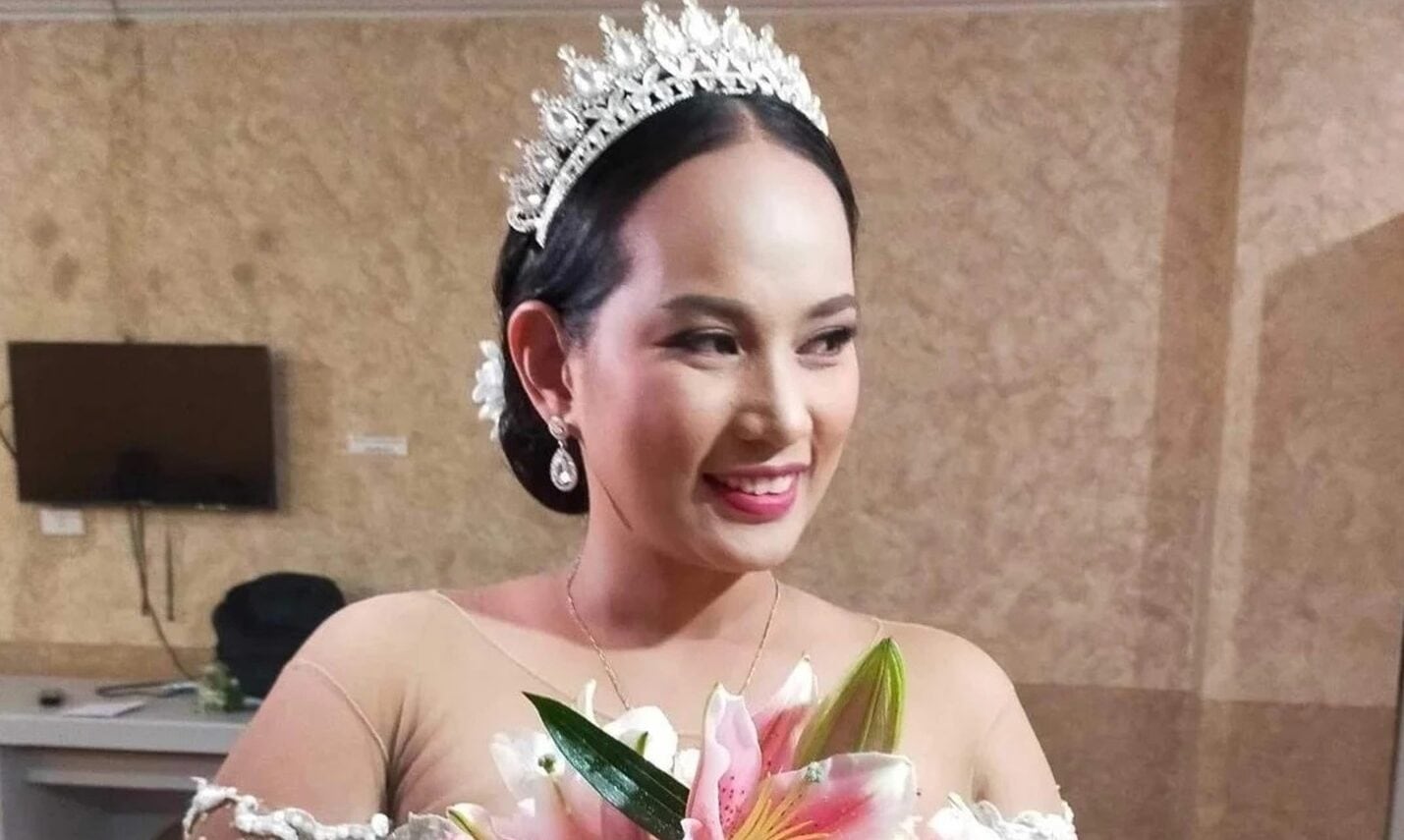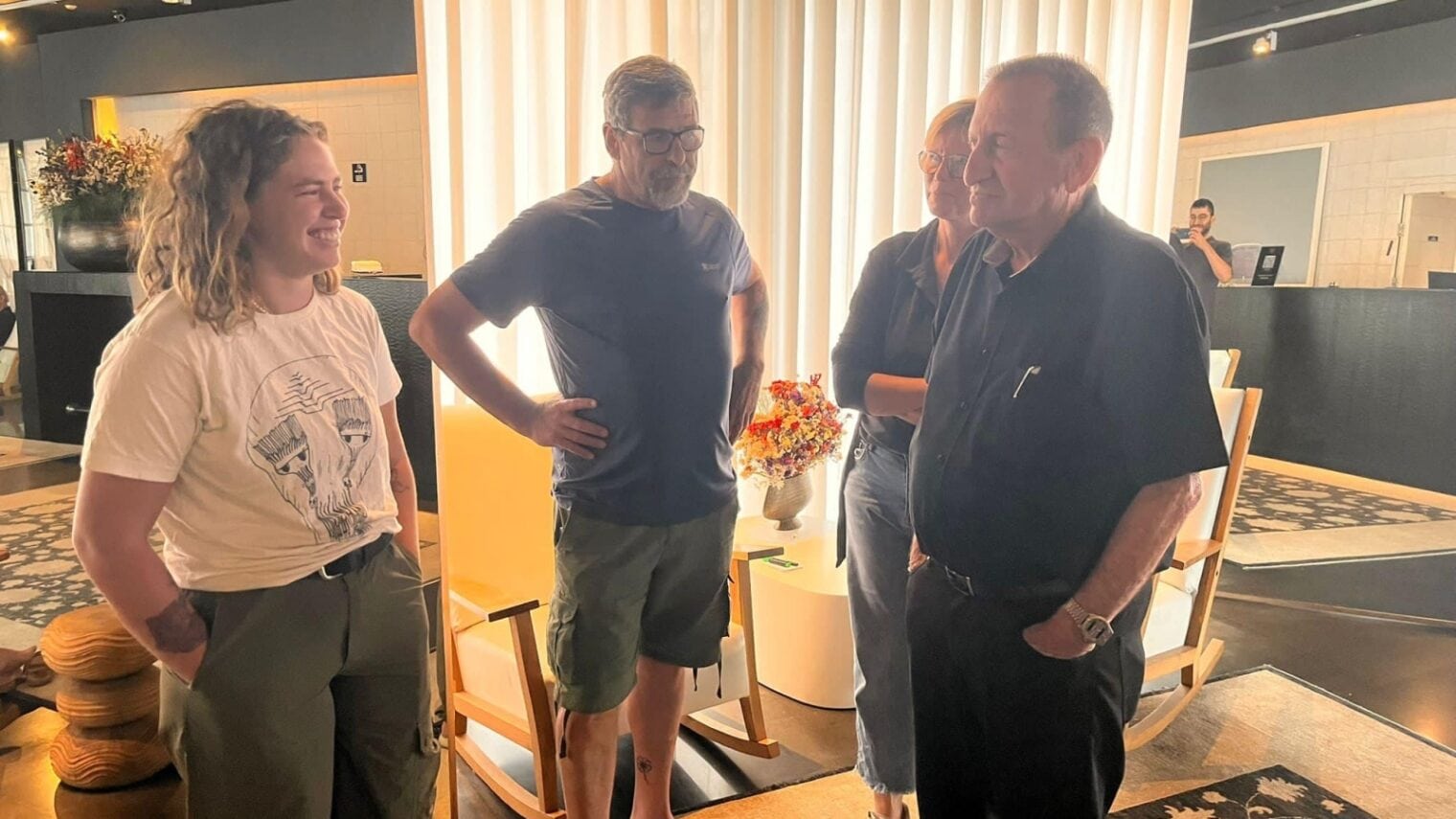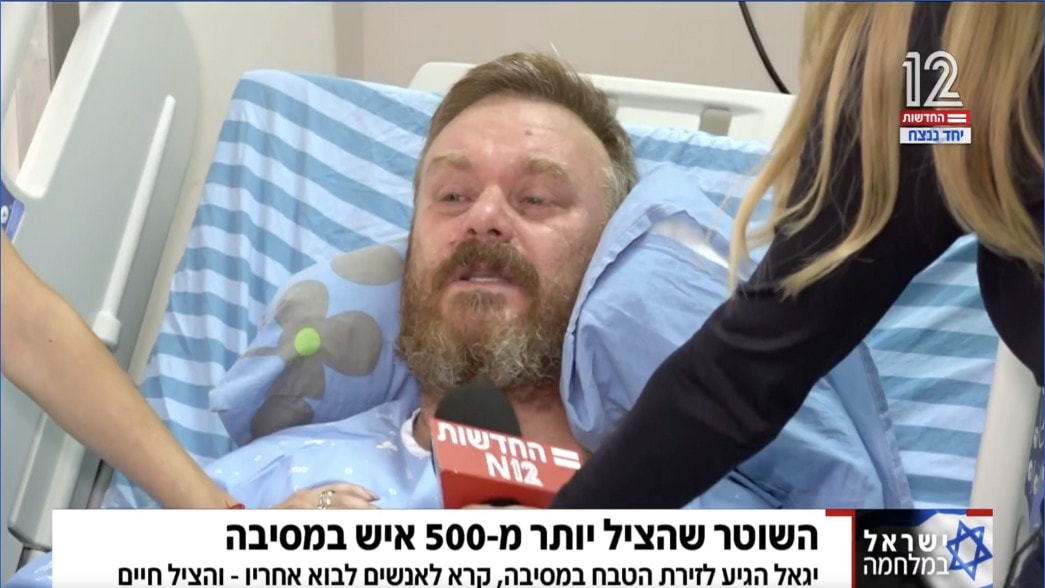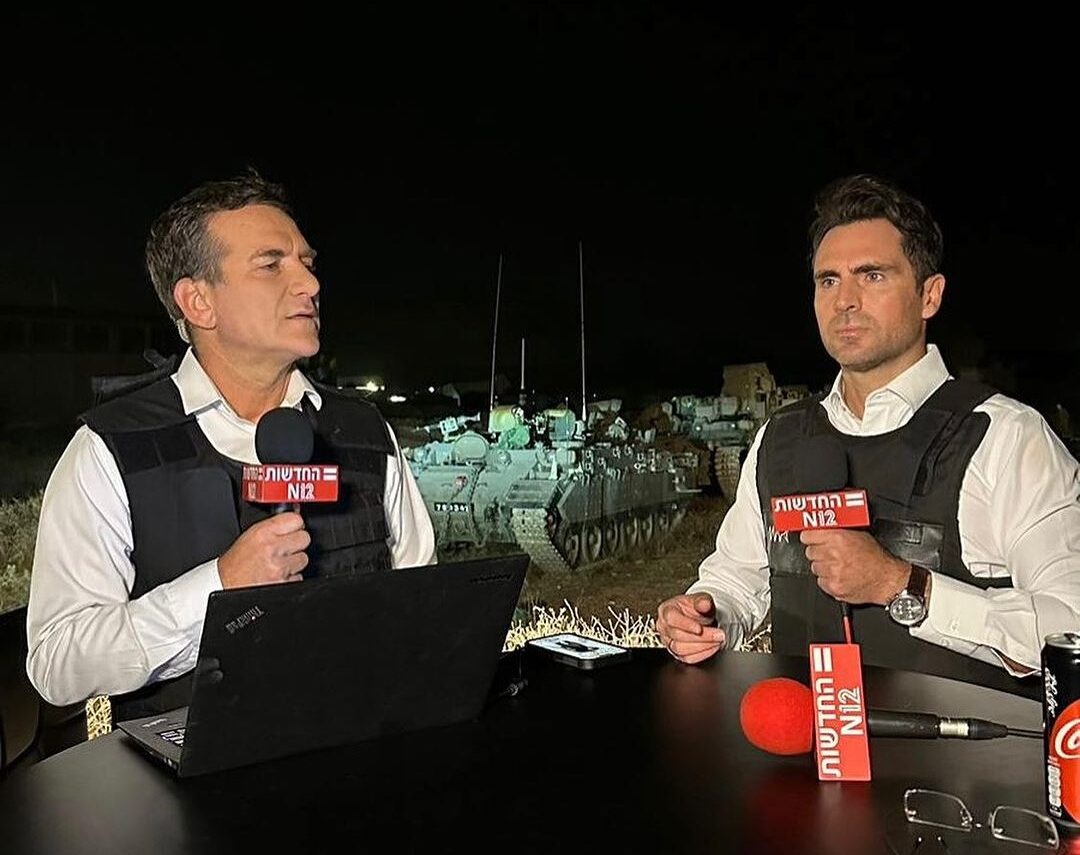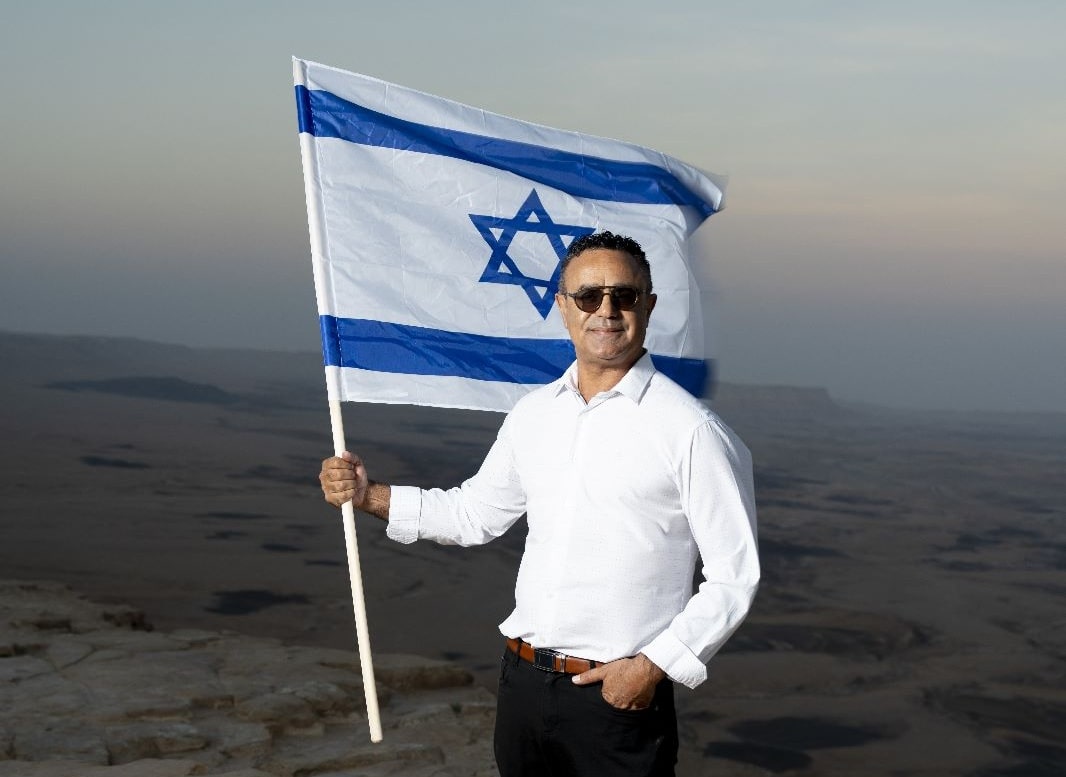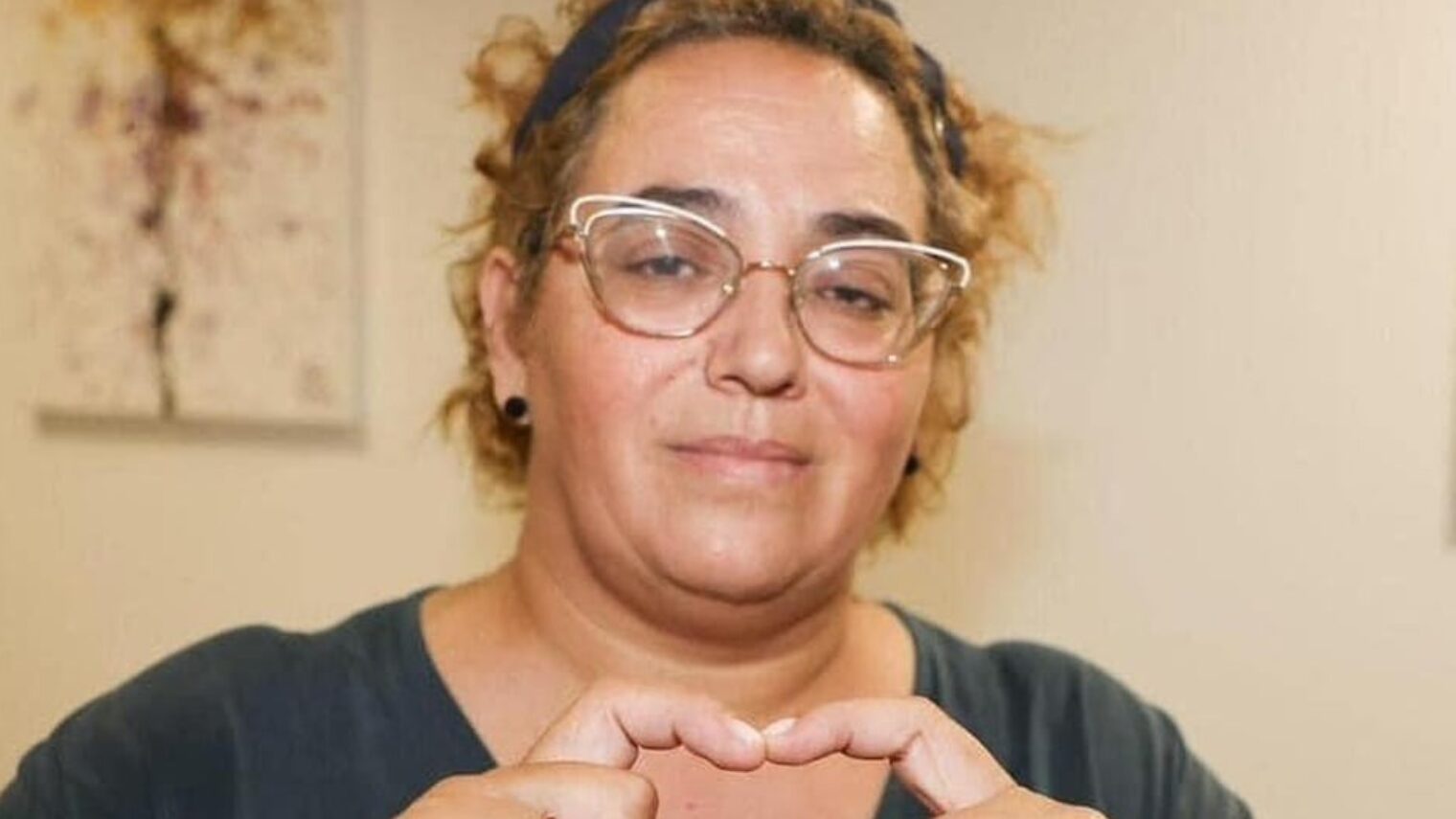On the morning of October 7th, Tali Medina, the dairy farm manager in Kibbutz Urim, woke up to the sound of rocket fire and alert sirens.
Her husband Haim was on a morning bicycle ride with a friend outside of the kibbutz, which is only 12 kilometers (7.5 miles) from the Gaza Strip.
As the rocket barrages continued, Tali and other members of the kibbutz began getting messages about a possible terrorist infiltration in the area. She texted her husband about the rumors of armed terrorists crossing into Israel.
“I know,” he replied. “I’ve been shot.”
Haim and his friend lay bleeding at the nearby junction, while Tali and their children hid in the community bomb shelter because their home had no protected room.
“[Haim] was lucky the terrorists were in a rush to get to Ofakim and didn’t stop to make sure they were dead,” she told Channel 12 in an interview.
Eventually the residents of the kibbutz were notified that at least five terrorists had descended on the community.
After hours in the bomb shelter, Tali made the tough choice to come out in order to make sure her cows were cared for. Dairy farm cows are typically milked three times a day and also well fed, while calves require extra attention.
Tali says she couldn’t flee because it was her duty to secure the wellbeing of the cattle for the day after.
On October 7th, Tali and her farm team milked and fed 600 cows while the men of the kibbutz were outside battling the terrorists. Her husband eventually was taken to a hospital and recovered.
In the days following the attack, heavy fighting continued at full force between Israeli forces and Hamas terrorists who were still hiding in the area. The entire Gaza border region was evacuated.
Tali, however, never left Urim. She stayed in the closed-off military zone, feeding and milking the cows according to the regular schedule.
When asked why she did it, she replied: “First of all it’s Zionism. Economy is in second place.”




